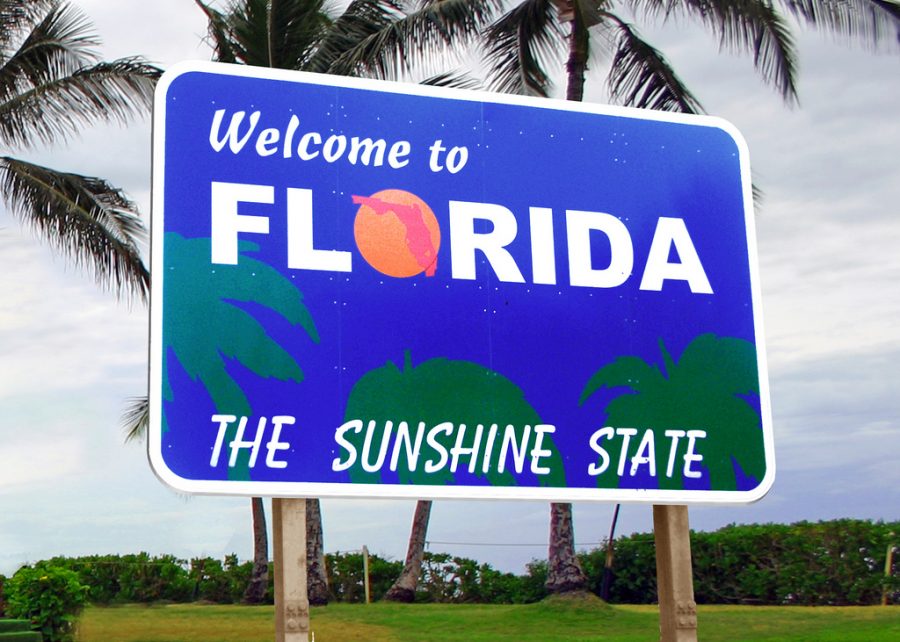Recently, while traveling to Florida, I quickly learned that Florida is a “no-fault state.” Meaning that if you were you get into an accident, no one would be at fault. You would still need to have auto insurance, of course, but this means that your insurance carrier will make the payments for your bodily injury claims regardless who was considered at fault in the accident.
In a no-fault state each driver’s insurance is responsible for their own medical bills in case of an accident, regardless of who was at fault. Florida no-fault insurance helps to reduce lawsuits resulting from auto accidents.
“There are currently thirteen states in the United States with no-fault car insurance protection. No-fault does not eliminate your responsibility for an accident where you are at fault. However, it does provide the policyholder with coverage for injuries and property damage no matter who is at fault,” is written on Auto Insurance Center’s website.
In Florida, you are required to have minimum coverage of $10,000 for personal injury protection, and $10,000 for property damage liability. For those of you who may think you can go without purchasing coverage, know that it is illegal to drive a vehicle without insurance in the state of Florida.
If you are caught driving without auto insurance, your license may be suspended, and you will have to pay a substantial fine to get it reinstated. It is much easier and efficient to obtain insurance than to deal with the costly consequences of an accident or a license suspension.
Now that we have all the information about the “no-fault” process and more about the state of Florida, we ask the question.
Is driving in a “no-fault” state an advantage?
While thinking about it and being from Ohio, I thought at first, “hey, that’s actually better than regular insurance in other states.” But as I thought more about it, is it really?
If you were to get into an accident, is getting sued really worth it?
We can get sued by anyone because of an accident, but is it really safe? Is it better for the state and less for the citizens?
“No-fault car insurance laws have pros and cons. On one hand, there is no need for injured victims to prove the other driver’s fault to collect damage recovery. It also saves the at-fault driver from having to pay for losses out-of-pocket.”
“On the other hand, no-fault insurance states tend to have much higher premiums than fault states. Florida is one of the top ten most expensive states for vehicle insurance,” South Florida Personal Injury Lawyers’s website lays out about “no fault” impacts.
Your insurance bill does go up, whether it was your fault or not.
While down in Florida, I even asked a resident down here how he feels about it.
“When I first got down here, I thought it was weird. I never knew there were states with a “no-fault” policy. Luckily, I have never been in an accident, so I’ve never went through the process.” – Rudha, Orlando, Florida resident.
At the end of the day, I never experienced living in a “no-fault” state, so I wouldn’t know the outcome. In my opinion, I think I rather stick with regular auto insurance, where someone is at fault.



![{source:other,uid:CAE9154F-0F5B-4BBF-8FB5-B8FB74BBCB27_1633101105193,origin:gallery,fte_sources:[],used_sources:{version:1,sources:[]},premium_sources:[],is_remix:false}](https://lakewoodtimes.net/wp-content/uploads/2021/10/E5C07CA4-47B8-42B5-BA21-891638E46484.jpeg)



















